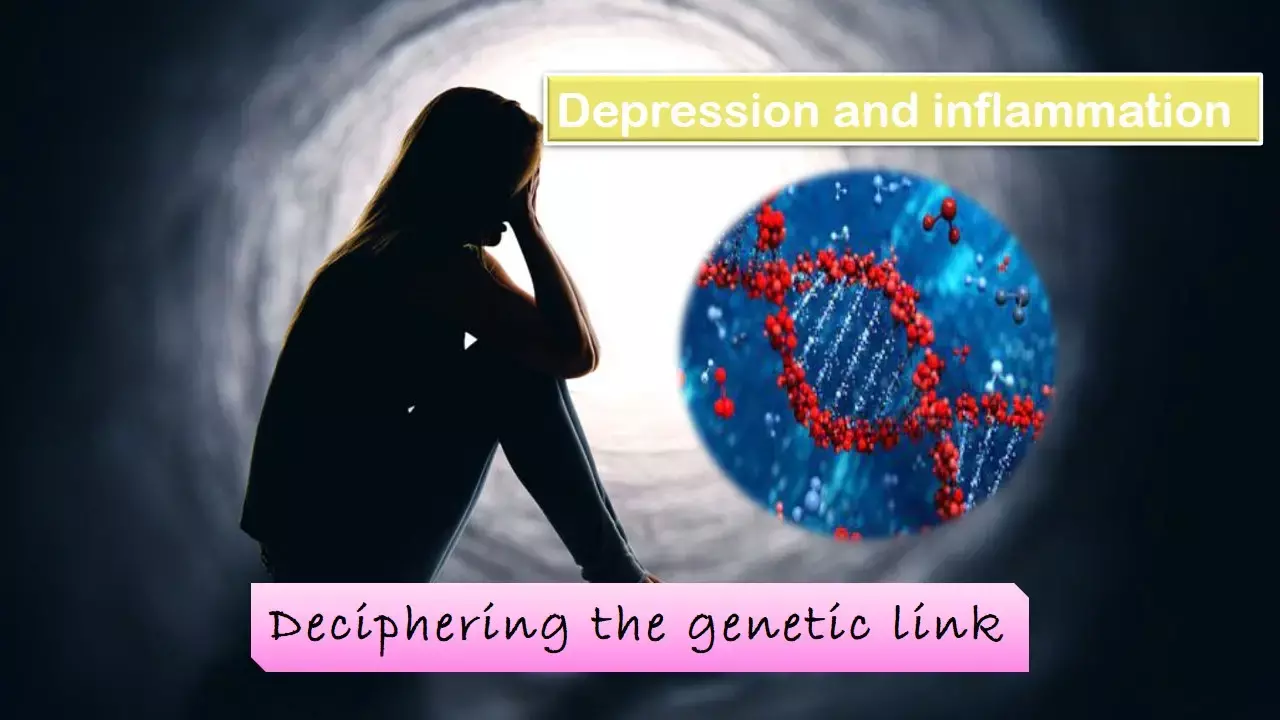- Home
- Medical news & Guidelines
- Anesthesiology
- Cardiology and CTVS
- Critical Care
- Dentistry
- Dermatology
- Diabetes and Endocrinology
- ENT
- Gastroenterology
- Medicine
- Nephrology
- Neurology
- Obstretics-Gynaecology
- Oncology
- Ophthalmology
- Orthopaedics
- Pediatrics-Neonatology
- Psychiatry
- Pulmonology
- Radiology
- Surgery
- Urology
- Laboratory Medicine
- Diet
- Nursing
- Paramedical
- Physiotherapy
- Health news
- Fact Check
- Bone Health Fact Check
- Brain Health Fact Check
- Cancer Related Fact Check
- Child Care Fact Check
- Dental and oral health fact check
- Diabetes and metabolic health fact check
- Diet and Nutrition Fact Check
- Eye and ENT Care Fact Check
- Fitness fact check
- Gut health fact check
- Heart health fact check
- Kidney health fact check
- Medical education fact check
- Men's health fact check
- Respiratory fact check
- Skin and hair care fact check
- Vaccine and Immunization fact check
- Women's health fact check
- AYUSH
- State News
- Andaman and Nicobar Islands
- Andhra Pradesh
- Arunachal Pradesh
- Assam
- Bihar
- Chandigarh
- Chattisgarh
- Dadra and Nagar Haveli
- Daman and Diu
- Delhi
- Goa
- Gujarat
- Haryana
- Himachal Pradesh
- Jammu & Kashmir
- Jharkhand
- Karnataka
- Kerala
- Ladakh
- Lakshadweep
- Madhya Pradesh
- Maharashtra
- Manipur
- Meghalaya
- Mizoram
- Nagaland
- Odisha
- Puducherry
- Punjab
- Rajasthan
- Sikkim
- Tamil Nadu
- Telangana
- Tripura
- Uttar Pradesh
- Uttrakhand
- West Bengal
- Medical Education
- Industry
Depression and inflammatory states may be genetically linked, JAMA study.

Although depression is a common psychiatric disorder, its underlying biological basis remains poorly understood. Pairing depression polygenic scores with the results of clinical laboratory tests can reveal biological processes involved in depression etiology. One such laboratory test is white cell count which is an easy to measure and widely available marker of pro-inflammatory state. Recent literature indicates a strong link between depression and inflammation.
In the latest issue of JAMA Psychiatry, Sealock et al have shown that increased predisposition to depression is associated with increased inflammatory biomarkers, specifically white blood cell count.
To date, there are no biomarkers for depression; however, consistent with the high number of common comorbidities, depression is associated with changes in a wide range of clinical laboratory values, including increased proinflammatory cytokines, altered lipids, growth factors, and decreased brain-derived neurotrophic factor.
Genetic risk for depression can be estimated using polygenic scores (PGS), which aggregate the small effects of thousands of loci across the genome into 1 score for each individual. In the present study authors used recently developed methods to combine depression PGS with laboratory results stored in electronic health records to robustly identify physiological processes affected by increased genetic liability to depression.
All patients with available genetic data and recorded white blood cell count measurements were included in the analyses. Primary analyses were conducted in individuals of European descent and then repeated in a population of individuals of African descent.
A laboratory-wide association scan revealed a robust association between depression polygenic scores and white blood cell count which was replicated in a meta-analysis across the 4 health care systems.
Mediation analyses suggested a bidirectional association, with white blood cell count accounting for 2.5% of the association of depression polygenic score with depression diagnosis and depression diagnosis accounting for 9.8% of the association of depression polygenic score with white blood cell count.
Mendelian randomization provided additional support for an association between increased white blood count and depression risk.
Notably, several other laboratory traits were associated with depression PGS, including lipids, blood glucose, and blood urea nitrogen. The variety of associations with depression PGS suggest that multiple areas of biology are affected by depression genetics, including metabolism and inflammation.
There are 2 main models that connect depression to a proinflammatory state:
1. The neuroinflammation model hypothesizes that an activated immune system contributes to risk of developing depression.
2. The stress response model proposes the stress of depression symptoms leads to a proinflammatory state.
Mendelian randomization results from this study supported a potential causal path from increased WBC levels to increased depression risk, consistent with the the neuroinflammation model; but did not support a model of depression leading to increased WBC levels.
The associations described in this study highlight the importance of WBC biology in depression and demonstrate the potential use of EHR-based genomics as a tool for discovery of physiological markers in psychiatric traits.
Source: JAMA Psychiatry: doi:10.1001/jamapsychiatry.2021.2959
M.B.B.S, M.D. Psychiatry
M.B.B.S, M.D. Psychiatry (Teerthanker Mahavir University, U.P.) Currently working as Senior Resident in Department of Psychiatry, Institute of Human Behaviour and Allied Sciences (IHBAS) Dilshad Garden, New Delhi. Actively involved in various research activities of the department.
Dr Kamal Kant Kohli-MBBS, DTCD- a chest specialist with more than 30 years of practice and a flair for writing clinical articles, Dr Kamal Kant Kohli joined Medical Dialogues as a Chief Editor of Medical News. Besides writing articles, as an editor, he proofreads and verifies all the medical content published on Medical Dialogues including those coming from journals, studies,medical conferences,guidelines etc. Email: drkohli@medicaldialogues.in. Contact no. 011-43720751


